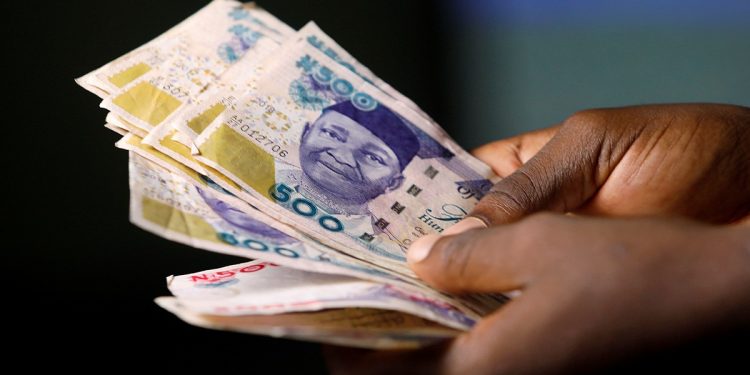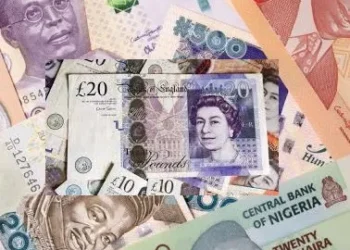The Nigerian naira continued its upward trend, appreciating to 1,494.03 per US dollar at the official market on Thursday, according to data from FMDQ Securities Exchange Limited. This marks a 1.04% gain from the previous day’s rate. Similarly, the naira strengthened at the parallel market, trading at 1,510.00/$, narrowing the gap between the official and parallel market rates to just 15.5/$.
The convergence of exchange rates across both markets is attributed to recent policies implemented by the Central Bank of Nigeria (CBN), including the extension of dollar sales to Bureau De Change (BDC) operators until May 30, 2025. This move has been instrumental in boosting liquidity and reducing panic in the foreign exchange market.
Aminu Gwadebe, President of the Association of Bureau De Change Operators, expressed optimism about the naira’s performance, stating, “The pick-up of the interbank proceeds to Bureaux de Change as directed by the CBN is helping to inject liquidity and reduce panic in the market.”
The naira’s appreciation follows a consistent upward trend in recent days. On Wednesday, it rose by 0.05% to 1,509.53/$ at the official market and by 0.65% to 1,535.00/$ at the parallel market. Analysts have linked the sustained improvement to the CBN’s efforts to enhance market transparency and liquidity, including the introduction of the Electronic Foreign Exchange Matching System (B-Match) and the Nigeria Foreign Exchange Code.
CBN’s Monetary Policy Stance
The naira’s gains coincide with the CBN’s decision to maintain its benchmark interest rate at 27.5% during the recent Monetary Policy Committee (MPC) meeting. The committee also retained other key parameters, including the asymmetric corridor around the MPR at +500/-100 basis points, the Cash Reserve Ratio (CRR) at 50% for Deposit Money Banks and 16% for Merchant Banks, and the Liquidity Ratio at 30%.
CBN Governor Olayemi Cardoso highlighted the stability in the foreign exchange market as a positive development, noting that the appreciation of the naira and the convergence of rates between the official and parallel markets are encouraging signs. He emphasized the importance of sustaining efforts to boost market liquidity and maintain transparency.
Economic Implications
The strengthening of the naira is expected to have a positive impact on Nigeria’s economy, particularly in reducing the cost of imports and easing inflationary pressures. The CBN’s recent measures, including clearing a $7 billion foreign exchange backlog, have also contributed to restoring investor confidence and stabilizing the currency.
Market analysts believe that the CBN’s proactive approach, coupled with improved liquidity in the forex market, will continue to support the naira’s recovery. However, they caution that sustaining this trend will require consistent policy implementation and coordination between fiscal and monetary authorities.
Looking Ahead
As the naira continues to gain strength, stakeholders are optimistic about the potential for further stability in the foreign exchange market. The CBN’s commitment to fostering transparency and liquidity, alongside its cautious monetary policy stance, is expected to play a crucial role in maintaining the currency’s upward trajectory.
The next MPC meeting will be closely watched for further insights into the CBN’s strategy and its impact on Nigeria’s economic outlook. For now, the naira’s performance reflects a positive step toward achieving exchange rate stability and bolstering economic recovery.










